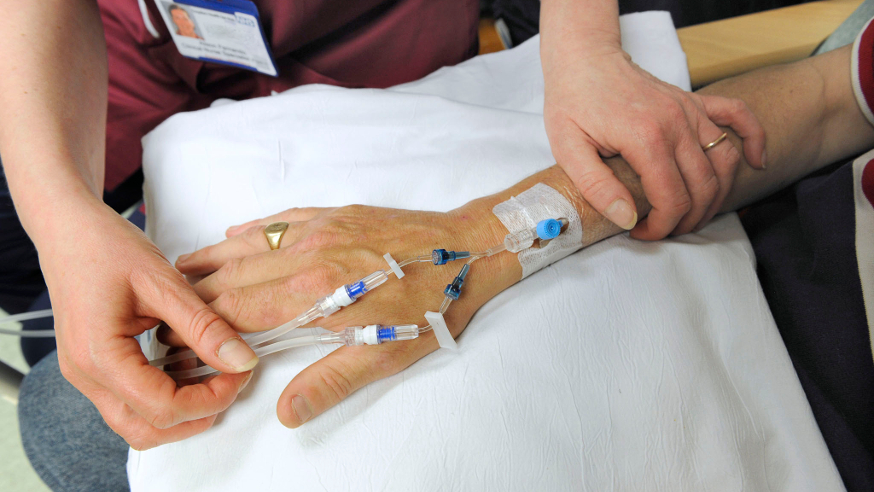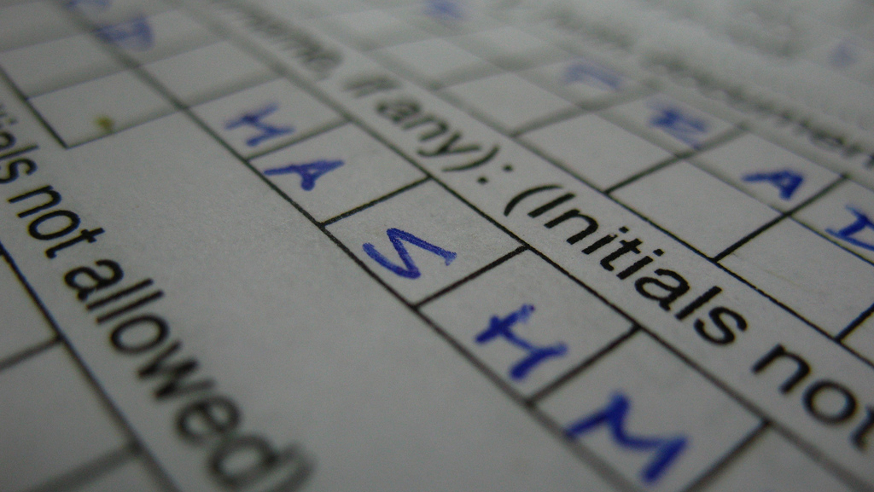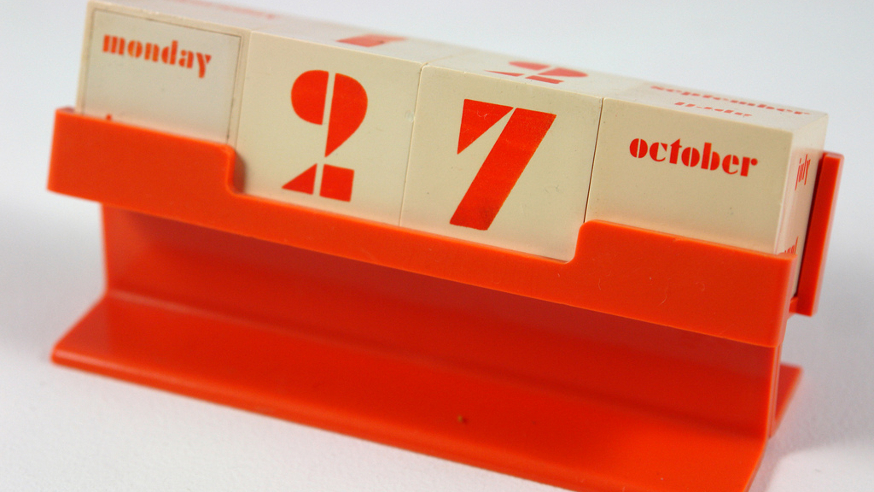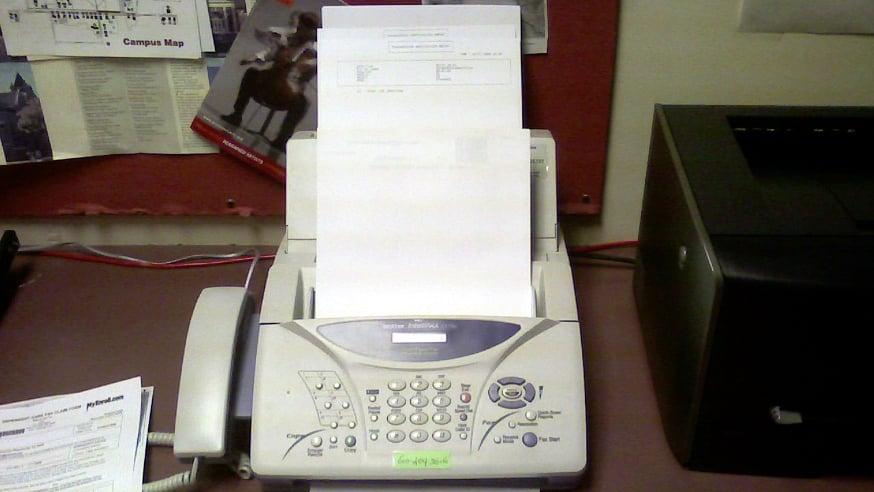I’m a data manager in the Clinical Trials and Statistics Unit at The Institute of Cancer Research (known as the ICR-CTSU). My role involves entering, cleaning and chasing data for clinical trials, and getting involved in the randomisation process – sample tracking, assisting trial set-up, database testing and liaising with research nurses at sites.
At the moment I am working on the CHHiP trial, which is a large, prostate cancer radiotherapy trial that is in long-term follow-up. I have also begun work on InPACT, which is an international trial for penile cancer patients.
I am supervised by trial managers who are in charge of coordinating the trial with our sites and recruiting patients. Data managers also assist the statisticians by resolving data queries so that they can then analyse the data.
As a data manager, I have learnt about more than fractionation schedules for radiotherapy and what a ‘PSA bounce’ is. Managing huge amounts of data has changed the way I think about some things, and with ‘big data’ and bioinformatics being such a topical area in cancer research I thought I would share some of the more unexpected experiences and learning curves I have come across while ploughing through piles of data.
1 – You should always remember that your data is about real people

When using numbers to identify people, and seeing only a list of dates and prostate specific antibody (PSA) values, it’s easy to forget that you are looking at a real person, who has had a real, life-changing diagnosis. Coming across a post-mortem report for the first time reminded me that I was entering data from real people, and this actually made me work harder. Many others in cancer research feel like this at times, some data managers even find that walking through The Royal Marsden on the way to the office helps them to be more productive as it reminds them who they are conducting research for.
2 – You take more time and care in filling in forms than anyone else

Nobody wants to be behind a data manager in a bank. Accuracy is very important when reporting clinical trial data and learning to query every mistake on hundreds of forms a week has made me extra careful when completing forms myself. So careful in fact, that I create queues in every NatWest in South London.
3 – You always know the date

It may seem like a small thing but signing and dating everything you do all day means that when someone asks you what the date is, you can be that helpful person who always knows.
4 – People who don’t work in research always ask you statistics questions and for advice on using Excel

I respond to such requests with a blank stare and a short lecture on how a spreadsheet is not a database and the difference between a data manager and a statistician. Don’t ask me about confidence intervals and t-tests!
5 – You become an expert at reading illegible handwriting

Reading messy handwriting or ‘doctor writing’ should be taught at schools and universities; it is an essential skill. A colleague in the department has described this task as “deciphering hieroglyphics” at times. And I have become pretty good at it, if I do say so myself.
6 – You still use a fax machine

I think people who work in clinical trials are one of the last groups of people in the world who are keeping the tradition of fax machines alive. We use faxes mainly for data protection reasons, but I have actually become quite fond of them.
7 – You realise the importance of big data in research
Collecting a huge amount of data, from a large number of patients can ultimately change the way we treat certain cancers. It allows more symptoms to be evaluated so we can learn even more about the treatment and better comparisons can be made between trial arms. It also creates results with less bias that can be applied to a wider patient population. Although the piles of data to enter and clean for my trials can appear daunting, I know it could potentially change the way we treat particular cancers in clinic, and that’s a big deal.
I didn’t expect to learn and experience all this through working with large amounts of data. I am sure many of us who work with data can relate to some of these – and for those who don’t I hope this has given you an insight into what could be going through the mind of a data manager.
Lucy also blogs at sparklyscience.com
comments powered by